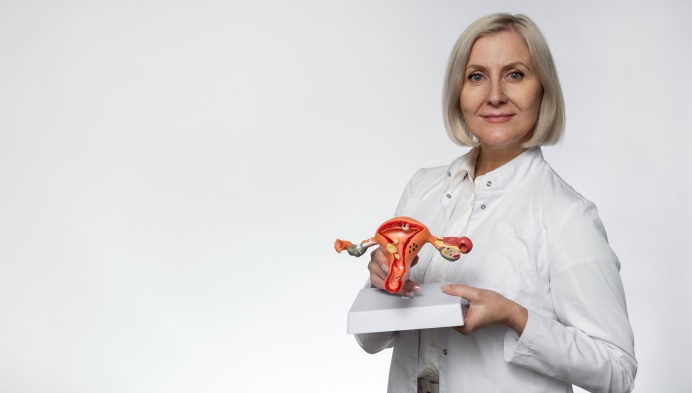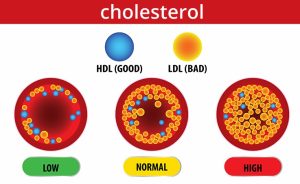Menopause and andropause are natural stages of life, but the symptoms they bring can feel anything but natural. From hot flashes and mood swings to fatigue and low libido, these changes can affect your energy, relationships, and overall quality of life. The good news? Hormone Replacement Therapy (HRT) can help restore balance and make this transition smoother.
Understanding Menopause and Andropause
- Menopause: This stage occurs when a woman’s ovaries stop producing estrogen and progesterone, usually between ages 45–55. Common symptoms include hot flashes, night sweats, vaginal dryness, mood changes, and sleep disturbances.
- Andropause: Often referred to as “male menopause,” this happens when testosterone levels gradually decline in men, usually after age 40. Symptoms may include fatigue, decreased muscle mass, low libido, depression, irritability, and difficulty concentrating.
While both are natural aging processes, their symptoms can significantly impact physical and emotional well-being.
What Is Hormone Replacement Therapy (HRT)?
HRT is a medical treatment designed to replace or supplement the hormones that naturally decline with age. By restoring hormonal balance, HRT helps reduce or eliminate uncomfortable symptoms.
- For Women: Estrogen therapy (sometimes combined with progesterone) helps ease menopause symptoms and supports bone and heart health.
- For Men: Testosterone replacement therapy helps combat fatigue, low libido, and loss of muscle mass associated with andropause.
Benefits of HRT
- Improved Energy & Mood: Balanced hormones can reduce irritability, depression, and brain fog.
- Better Sleep: Many patients report relief from night sweats and insomnia.
- Enhanced Libido & Sexual Health: Restoring hormone levels often boosts intimacy and sexual satisfaction.
- Stronger Bones & Muscles: HRT helps reduce the risk of osteoporosis and supports muscle mass.
- Better Overall Quality of Life: Many people feel like themselves again—more focused, active, and confident.
Is HRT Safe?
Like any medical treatment, HRT comes with risks and benefits. Advances in modern HRT have made therapies safer and more customizable than ever before. Your healthcare provider will assess your health history, lifestyle, and hormone levels before recommending a plan. Regular monitoring ensures safe and effective treatment.
Complementing HRT with Lifestyle Changes
HRT works best when paired with healthy lifestyle choices:
- Eating a balanced, nutrient-rich diet
- Regular physical activity, including strength training
- Stress management techniques such as yoga or meditation
- Adequate sleep and hydration
These habits support hormone balance and enhance the benefits of therapy.
When to Consider HRT
If you’re experiencing persistent menopause or andropause symptoms that affect your daily life—such as low energy, mood swings, hot flashes, or sexual health changes—it may be time to talk to a healthcare professional about HRT.




